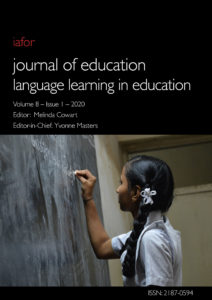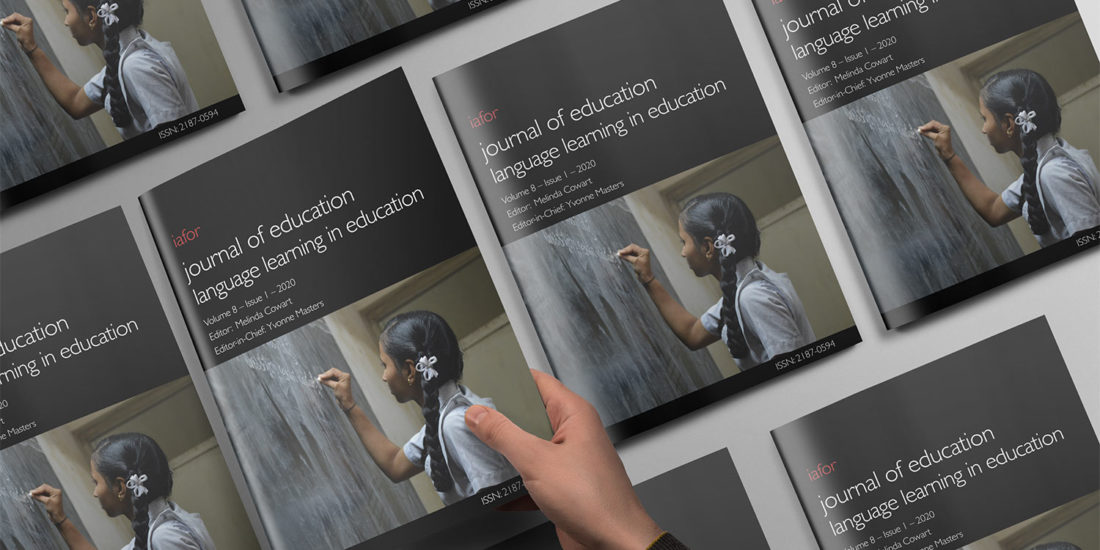IAFOR Journal of Education Volume 8 – Issue 1 – Language Learning in Education
Editor: Dr Melinda Cowart
Editor-in-Chief: Dr Yvonne Masters
Published: March 01, 2020
ISSN: 2187-0594
https://doi.org/10.22492/ije.8.1
Editor's Introduction

Several persons have departed from their heritage nations in search of a safe haven and must learn the language or languages of the new home nation as a part of survival and starting the process of creating a new life. Whatever the motives for learning an additional language may be, the nature of language learning is complex and requires consideration of multiple factors. The mechanics, such as written discourse and pragmatics, of language and individual languages as well as affective issues such as cultural identity, marginalization, acculturation, assimilation, language shock, language loss, language status, self-esteem when communicating in the new language, and the contexts of exit and reception for the newcomer must be explored if language learning is to be successful.
Furthermore, ascertaining what constitutes successful practice among those who teach child and adult language learners requires educators to look ahead for fresh ideas while concurrently considering strategies and techniques that are research proven. Finally, it is important to explore the types of teacher development that translate to effective teaching. Each of these topics is addressed in the variety of articles provided by the diverse group of authors who contribute their research and scholarship to this issue of the IAFOR Journal of Education: Language Learning in Education.
Happy reading!
Melinda Cowart
Editor
The IAFOR Journal of Education is an internationally reviewed and editorially independent interdisciplinary journal associated with IAFOR’s international conferences on education. Like all IAFOR publications, it is freely available to read online, and is free of publication fees for authors. The first issue was published in May 2013, From 2020, the journal will publish a minimum of four issues per year.
Indexed in: Scopus, DOAJ, ERIC, EBSCO Discovery Service, MIAR, TROVE, Scilit, SHERPA/RoMEO, WorldCat and Google Scholar. DOIs are assigned to each published issue and article via Crossref.


